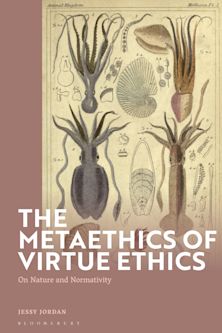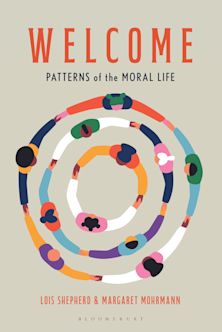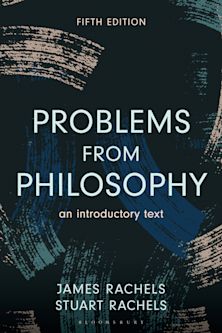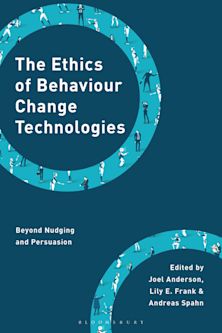Against Individualism
A Confucian Rethinking of the Foundations of Morality, Politics, Family, and Religion
Against Individualism
A Confucian Rethinking of the Foundations of Morality, Politics, Family, and Religion
Description
The first part of Against Individualism: A Confucian Rethinking of the Foundations of Morality, Politics, Family, and Religion is devoted to showing how and why the vision of human beings as free, independent and autonomous individuals is and always was a mirage that has served liberatory functions in the past, but has now become pernicious for even thinking clearly about, much less achieving social and economic justice, maintaining democracy, or addressing the manifold environmental and other problems facing the world today.
In the second and larger part of the book Rosemont proffers a different vision of being human gleaned from the texts of classical Confucianism, namely, that we are first and foremost interrelated and thus interdependent persons whose uniqueness lies in the multiplicity of roles we each live throughout our lives. This leads to an ethics based on those mutual roles in sharp contrast to individualist moralities, but which nevertheless reflect the facts of our everyday lives very well. The book concludes by exploring briefly a number of implications of this vision for thinking differently about politics, family life, justice, and the development of a human-centered authentic religiousness. This book will be of value to all students and scholars of philosophy, political theory, and Religious, Chinese, and Family Studies, as well as everyone interested in the intersection of morality with their everyday and public lives.
Table of Contents
Chapter 1: Prolegomena
Chapter 2: Doing Ethics in a Global Context
Chapter 3: On the Existence of the Self, and Self-Identity
Chapter 4: Normative Dimensions of Belief in an Individual Self
Chapter 5: The Apotheosis of the Individual Self: Libertarianism
Chapter 6: Toward an Ethics of Roles
Chapter 7: Progressive Family Values
Chapter 8: On Religion and Ritual
Chapter 9: The Religious Dimensions of Role-Bearing Family Lives
Chapter 10: Role Ethics Beyond the Family
Epilogue
Product details
| Published | 25 Mar 2015 |
|---|---|
| Format | Ebook (PDF) |
| Edition | 1st |
| Extent | 1 |
| ISBN | 9781978754386 |
| Imprint | Lexington Books |
| Series | Philosophy and Cultural Identity |
| Publisher | Bloomsbury Publishing |
Reviews

ONLINE RESOURCES
Bloomsbury Collections
This book is available on Bloomsbury Collections where your library has access.



































